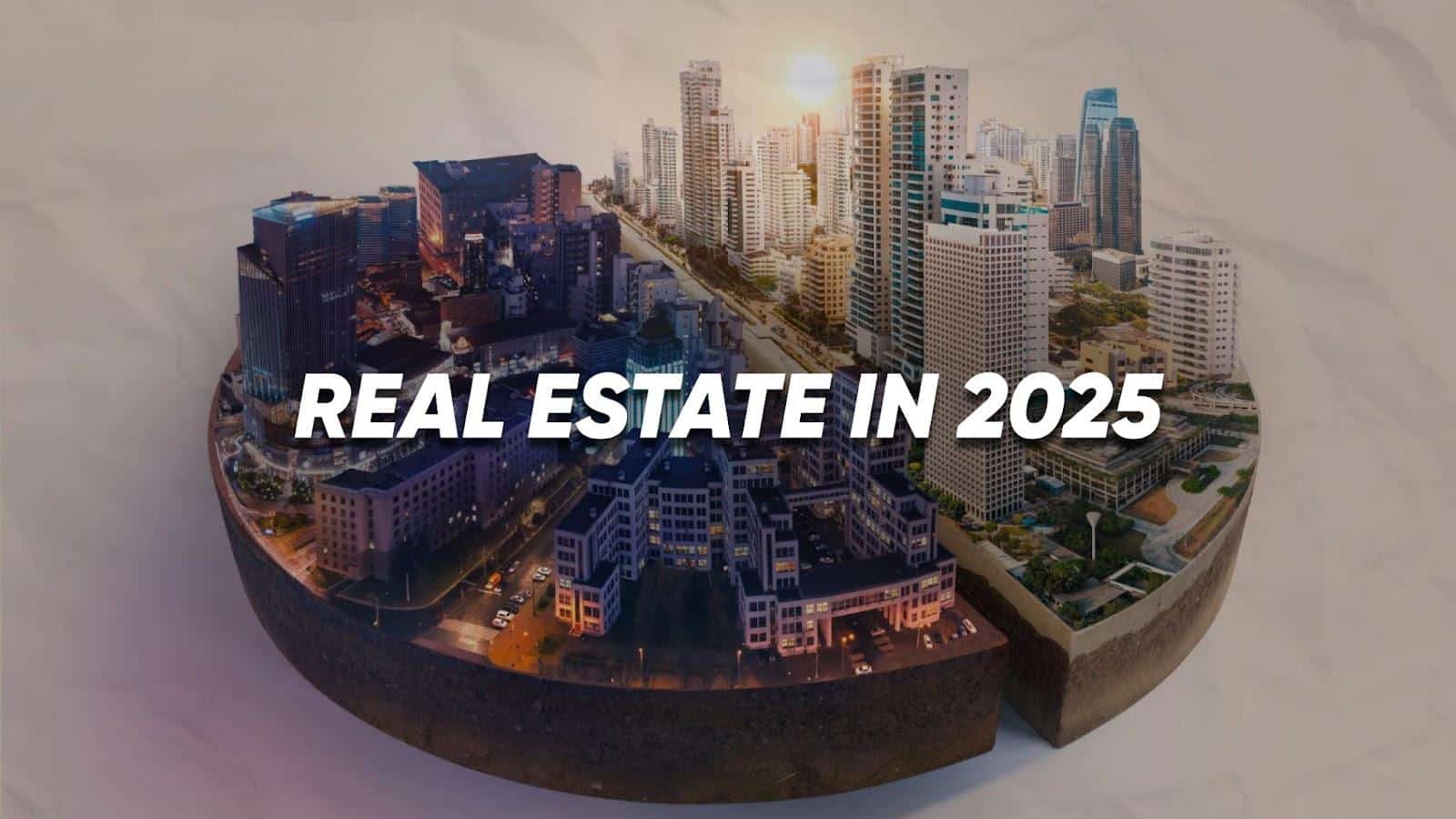Real Estate in 2025: How Technology Is Reshaping Sales and Buyer Experience
In 2025, the real estate industry is no longer just about square meters and location — it’s about digital experiences, intelligent systems, and smarter transactions. Over the past few years, technology has shifted from being an auxiliary tool to a core driver of efficiency, trust, and convenience in buying and selling property.
Today’s buyers expect more than glossy brochures and floor plans — they want real-time access, immersive viewing, and personalized recommendations. At the same time, developers and agencies are seeking smarter ways to sell faster, with fewer risks and better data.
Let’s take a closer look at the key technology trends shaping how property will be marketed, sold and managed in 2025 with a real estate advertising agency from Dubai.
1. AI-Powered Decision Making and Targeting
Artificial intelligence is playing a vital role in property sales, doing the heavy lifting in both back-end operations and customer-facing services. For developers, AI means faster and more accurate decision-making. For buyers, it means fewer irrelevant listings and more tailored suggestions.
Here’s how AI is making a difference:
- Intelligent pricing tools analyze historical transaction data, neighborhood trends, and current demand to recommend the best pricing strategy — not just for selling quickly, but for selling smart.
- Behavior-based matching ensures buyers see listings that actually align with their preferences and budget, improving conversion rates significantly.
- Predictive analytics help developers anticipate shifts in demand, identify undervalued areas, and assess project viability long before ground is broken.
AI doesn’t just automate — it sharpens business intuition. And for agencies, that means less wasted spend on generic campaigns and more targeted lead generation.
2. Virtual Reality Brings the Property to You
Gone are the days when buyers had to schedule multiple on-site visits before shortlisting a property. In 2025, virtual and augmented reality have become essential tools in real estate marketing.
- VR property tours allow prospective buyers to walk through apartments or offices without leaving their homes — an invaluable feature for overseas investors or those buying pre-construction units.
- AR-powered apps let clients visualize renovations or furniture placement by overlaying digital elements onto the actual space through a smartphone.
- Immersive project showcases help developers present entire neighborhoods using interactive 3D environments at sales offices or real estate expos.
The result? Shorter decision cycles and greater emotional connection. A virtual tour often does more to engage a client than a traditional site visit, especially in early-stage developments.
3. Smart Homes: From Feature to Expectation
What was once a bonus — smart lighting, automated blinds, voice-activated systems — is now expected in modern housing. Today’s buyers look for homes that are not only stylish but intelligent.
Smart technologies help manage energy use, enhance security, and improve everyday comfort:
- Automated climate control adapts to usage patterns, balancing comfort with efficiency.
- Connected security systems — from smart locks to AI-enabled surveillance — protect homes with minimal user intervention.
- Resource monitoring via smart meters ensures owners track consumption, prevent leaks, and save on utility bills.
- For developers, offering IoT integration is no longer optional — it adds real value to listings, especially in competitive urban markets.
4. Blockchain and Secure Transactions
Trust is a cornerstone of real estate, and blockchain helps reinforce it. In 2025, this technology is streamlining deals, reducing paperwork, and adding layers of security to every step of the transaction.
What blockchain brings to the table:
- Smart contracts eliminate ambiguity and automate compliance — they trigger payments, confirm ownership, and finalize agreements without intermediaries.
- Tamper-proof property records mean ownership history is transparent, verifiable, and resistant to fraud.
- Fractional ownership via tokenization is making real estate more accessible, allowing individuals to invest in large projects with smaller capital.
Not only does blockchain speed up transactions, but it also builds confidence for both institutional and individual investors.
5. Digital Platforms and Marketplaces
In 2025, the average buyer expects to browse listings, book viewings, negotiate prices, and sign contracts without ever leaving a digital interface. Online platforms are meeting this demand by offering seamless end-to-end experiences.
Top features include:
- Hyper-personalized search filters based on budget, lifestyle, commuting distance, and even hobbies.
- Integrated legal and mortgage services, so buyers can manage financing, notary services, and property registration in one place.
- AI chatbots and virtual agents guide users through the process, answer questions in real time, and even schedule virtual tours.
These platforms don’t just list properties — they create ecosystems where deals can close faster and with less friction.
6. Data-Driven Development and Urban Planning
One of the most exciting shifts is how developers are now using data analytics to make smarter decisions before a building even exists. From land acquisition to marketing strategy, data is central to every phase of development.
- Demand heatmaps show which areas have unmet housing needs or rising interest.
- Competitor analysis tools track nearby projects, pricing, and absorption rates.
- Demographic analytics help tailor amenities, unit sizes, and price points to the actual buyers in the region.
This isn’t just good business — it leads to better urban development, less overbuilding, and higher client satisfaction.
Looking Ahead
The pace of technological change in real estate shows no signs of slowing. In the next few years, we can expect further breakthroughs — such as voice-activated property searches, fully virtual closings, and AI that not only matches buyers with listings but also negotiates on their behalf.
In this evolving environment, the winners will be those who view technology not as a cost, but as an investment. Buyers expect convenience. Developers need speed. Agencies crave differentiation. And technology is the bridge connecting all three.
Conclusion
Real estate in 2025 is more intelligent, more digital, and more dynamic than ever before. From AI and VR to smart homes and blockchain, the industry is becoming faster, safer, and more responsive to client needs.
The companies that embrace these changes today won’t just keep up — they’ll lead. The best solution to avoid financial losses is to turn to a team of professionals with years of experience from WGG real estate advertising agency.
Whether you’re a developer planning your next project or a buyer searching for a smarter way to invest, understanding and leveraging these tech trends is no longer optional — it’s essential.








